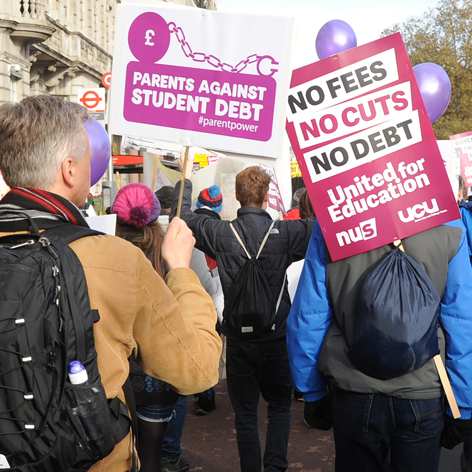Impact

IF changes language and the terms of debate
IF has brought the idea of intergenerational fairness to the centre of policy discussion. When IF was established in 2011, “intergenerational fairness” was barely talked about. Now it is part of the vocabulary of virtually every politician and policy-maker. At IF we like to think we had a part in this – or that at… Read more »

A win for younger generations on TV Licences
A test case for intergenerational fairness The free TV Licence was given to any household with someone over the age of 75. For everyone else the TV Licence was, and still is, a tax on viewing, or listening to, any kind of BBC output. In effect, it meant that younger, poorer generations were cross-subsidising older,… Read more »

Micro-homes: An IF win for younger generations
IF investigated the emergence of a new form of housing called “micro-homes”, which are homes developed from offices that are converted into residential housing. These homes can be built under permitted development rights, which means that developers have been able to circumvent planning protections such as minimum space standards, which act as a safeguard against… Read more »

IF addresses student debt
In 2012, the coalition government’s then Universities Minister, David Willetts, gave universities permission to triple tuition fees from £3,000 to £9,000 a year. The government was keen to reassure young people that these much higher fees could be paid with “income-contingent” student loans, meaning that student debts built up while at university would not need… Read more »
